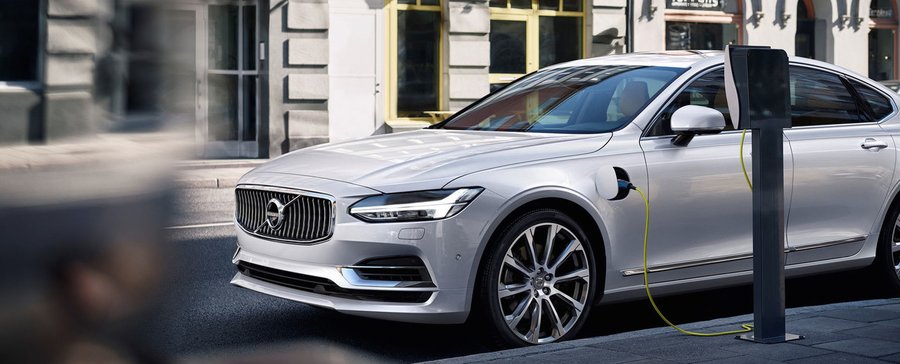Volvo Boss Says Main Focus Is Electrification For Future, Not Hydrogen

In a very interesting interview, he said that there is no way for diesel engines to remain a competitive consumer powertrain with the tightening emissions legislation environment (CO2 and especially to match NOx requirements).
In other words, the only options for the future are conventional gasoline cars with progressive hybridization (gasoline and diesel), and more plug-ins (PHEVs and BEVs).
"Looking further down the line, at under 95, diesel will not be able to help us. Only electrification can. The combustion engine will more and more be combined with hybridization, whether that be diesel or petrol. Of course, improving the efficiency of the combustion engine is more or less done, so the next step has to be hybridization and pure-electric cars."
As we have already reported, the first all-electric model from Volvo will be introduced in 2019. By 2025, the brand wants to have more than one million electrified cars on the roads.
"We are developing not just one model but electrification for the small platform and also for the larger platforms, and we haven't revealed which one will be the first."
Samuelsson also appreciates the great driving experience one can have with an all-electric powertrain. It's so good, according to the Volvo boss, that consumers should be willing to buy EVs based on their performance alone – even without the need to think about the additional environment benefits.
"The driving experience with a fully electric vehicle is really very good with high acceleration (and) quiet, little or no transmission noise, so once we bring down the cost it becomes a very good proposition. People will buy it not just because of lower emissions, but because it's a good technology."
Moreover, it's expected that battery costs will shortly decrease to a level enabling prices to be comparable to diesel cars.
Another note of interest was on the charging infrastructure. Volvo EVs, like all plug-ins, will rely on the public charging infrastructure for long distance travel, yet Volvo is, as of now, not willing to provide any charging stations. The Swedish brand rather bets on third parties to install and operate charging network for all EVs cumulatively.
"I think our biggest contribution to this will be our commitment. We believe in electrification and will be providing the market for somebody as a business opportunity. If someone sees a credible future where electric cars are pumped out onto the market, then it's a good business to invest in that infrastructure. I don't see that we, as carmakers, need to invest in that infrastructure."
Volvo's CEO also doesn't believe in hydrogen fuel cell cars.
"Of course, you should never say never, but right now it's important for us to be clear. The grass is always greener on the other side and there is always something new, but battery electrification is what we believe in. With hydrogen you would require all new infrastructure once more, so I think there is a limit to what people will invest in. Of course, we might be wrong."
Related News
